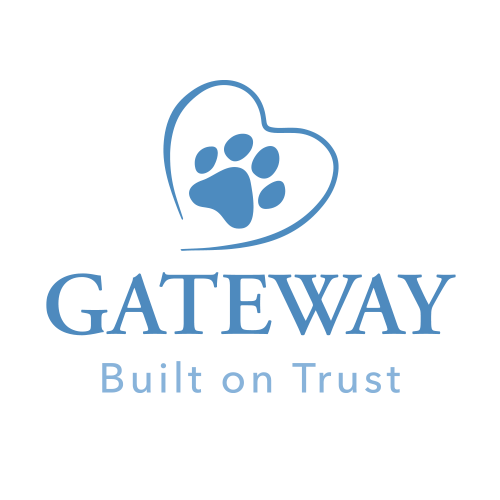Royal Canin and HABRI Partner to Highlight the Importance of Cat Urinary Health and the Human-Animal Bond
Washington, D.C. (August 15, 2022) — The Human Animal Bond Research Institute (HABRI) and Royal Canin have teamed up to protect the human-cat bond by delivering important information to cat owners about their cats’ urinary health.
“Research shows that house soiling is the #1 reason that cats are relinquished to a shelter[1], yet many cats presenting to veterinary clinics with lower urinary signs are diagnosed with a medical condition,” said Dr. Angela Hughes DVM PhD, Scientific Communications Veterinarian for Royal Canin. “Royal Canin is focused on improving cat health and welfare by educating current and future cat owners about the importance of cats’ urinary health.”
Studies show that 60% of cat owners say they only take their cat to the veterinarian when they notice something is wrong[2], but cats are notorious for hiding pain, making it difficult for owners to recognize a health issue. For example, over 90% of cats with feline lower urinary tract signs have blood in their urine indicating a medical condition, but less than half of owners recognize the signs[3]. Instead, these signs may be misinterpreted as a behavioral issue, negatively impacting the human-cat bond.
“Helping cat owners stay curious and informed about their cat’s health, even when it comes to litter box behavior, leads to healthier, happier lives together,” said Steven Feldman, President of HABRI. “Our cats do so much for us, which is why we need to do more for them.”
Research shows that cats can serve as a source of social and emotional support for their owners and can help reduce stress, support older adults as they age and improve heart rate and blood pressure. HABRI and Royal Canin are working to strengthen the human-animal bond and improve the veterinary care that cats receive by spotlighting the science of the human-animal bond and important information about cat health.
HABRI and Royal Canin have partnered together to create educational content, including an article, shareable infographic, a series of social media posts and a dedicated landing page all intended to provide cat owners with resources on cat care, the human-cat bond and more.
“Working with HABRI, our goal at Royal Canin is to educate cat owners about the benefits of the human-animal bond and provide meaningful solutions to improve cat health and care,” added Dr. Angela Hughes.
[1] Salman MD, Hutchison J, Ruch-gallie R, Kogan L, Kass PH, Scarlett JM. Behavioral Reasons for Relinquishment of Dogs and Cats to 12 Shelters. J Appl Anim Welf Sci. 2000; 3(2):93-106.
2 2020 72 Point Survey Results
3 Dorsch R, Remer C, Sauter-Louis C, Hartmann K. Feline lower urinary tract disease in a German cat population. A retrospective analysis of demographic data, causes and clinical signs. Tierarztl Prax Ausg K Kleintiere Heimtiere. 2014;42(4):231-239.
About Royal Canin
Royal Canin USA is a leader in science-based cat and dog health nutrition. Founded by a veterinarian in 1968, Royal Canin has more than 50 years of experience in delivering individualized nutritional solutions. In collaboration with an expert team of nutritionists, breeders and veterinarians from around the world, Royal Canin places cats and dogs at the central point of the innovation process. The Royal Canin product line offers a range of diets based on size, age, breed, lifestyle and therapeutic requirements. Royal Canin diets are available at veterinary hospitals and pet specialty stores nationwide. Royal Canin is a subsidiary of Mars, Incorporated.
About HABRI
The Human Animal Bond Research Institute (HABRI) is a not-for-profit organization that maintains the world’s largest online library of human-animal bond research and information; funds innovative research projects to scientifically document the health benefits of companion animals; and informs the public about human-animal bond research and the beneficial role of companion animals in society. For more information about HABRI, please visit www.habri.org.
Contact
Logan Trautman
logan@inspireprgroup.com
614.701.8205
Hayley Maynard
Hayley@inspireprgroup.com
614.701.8205
###





